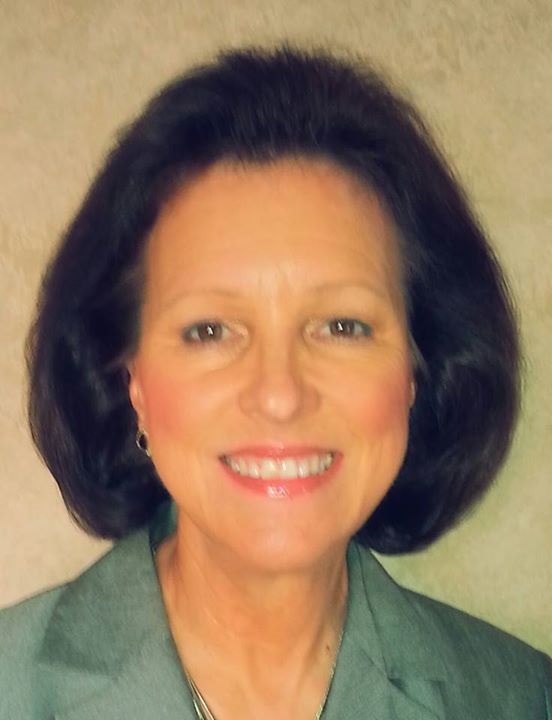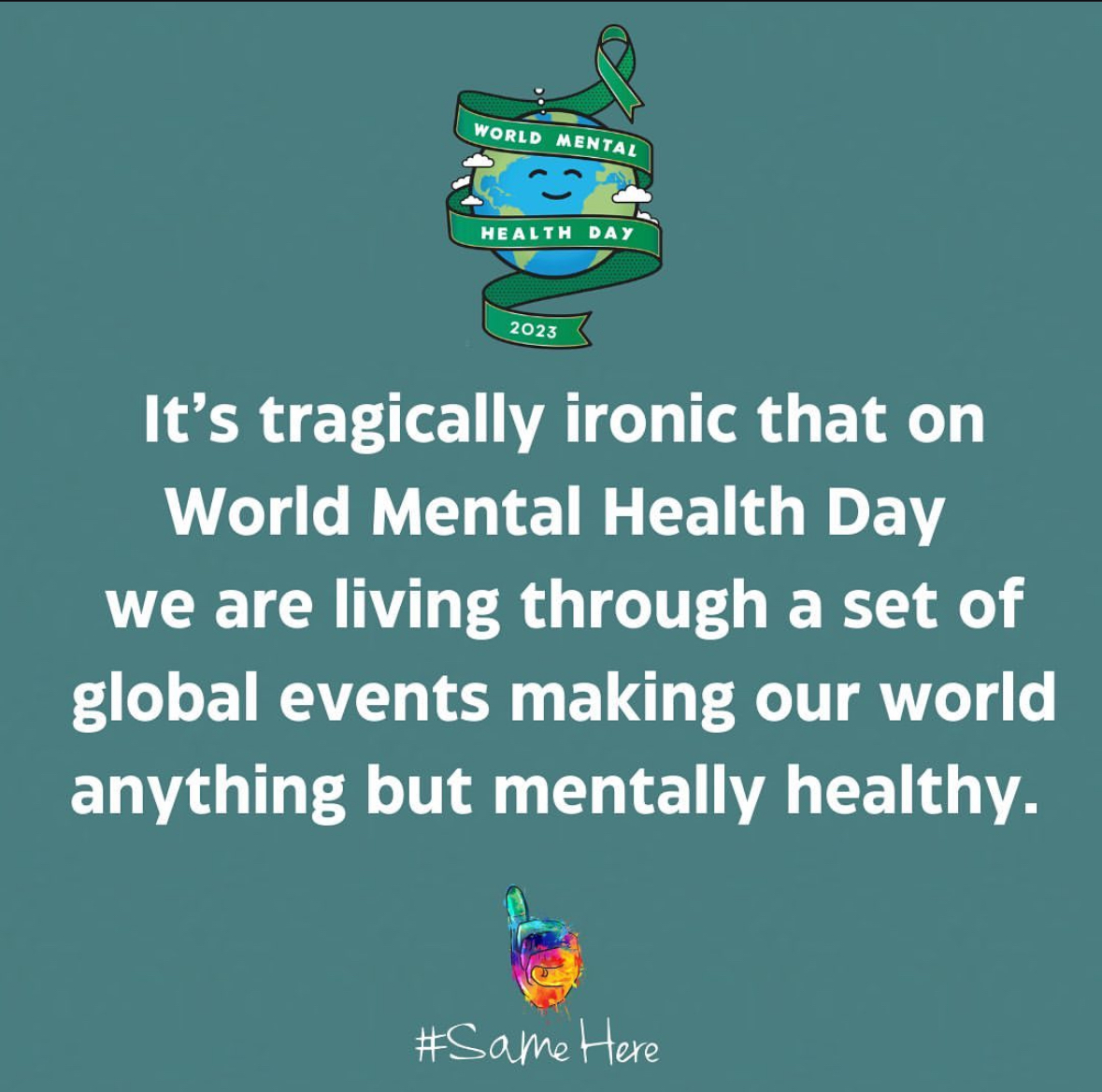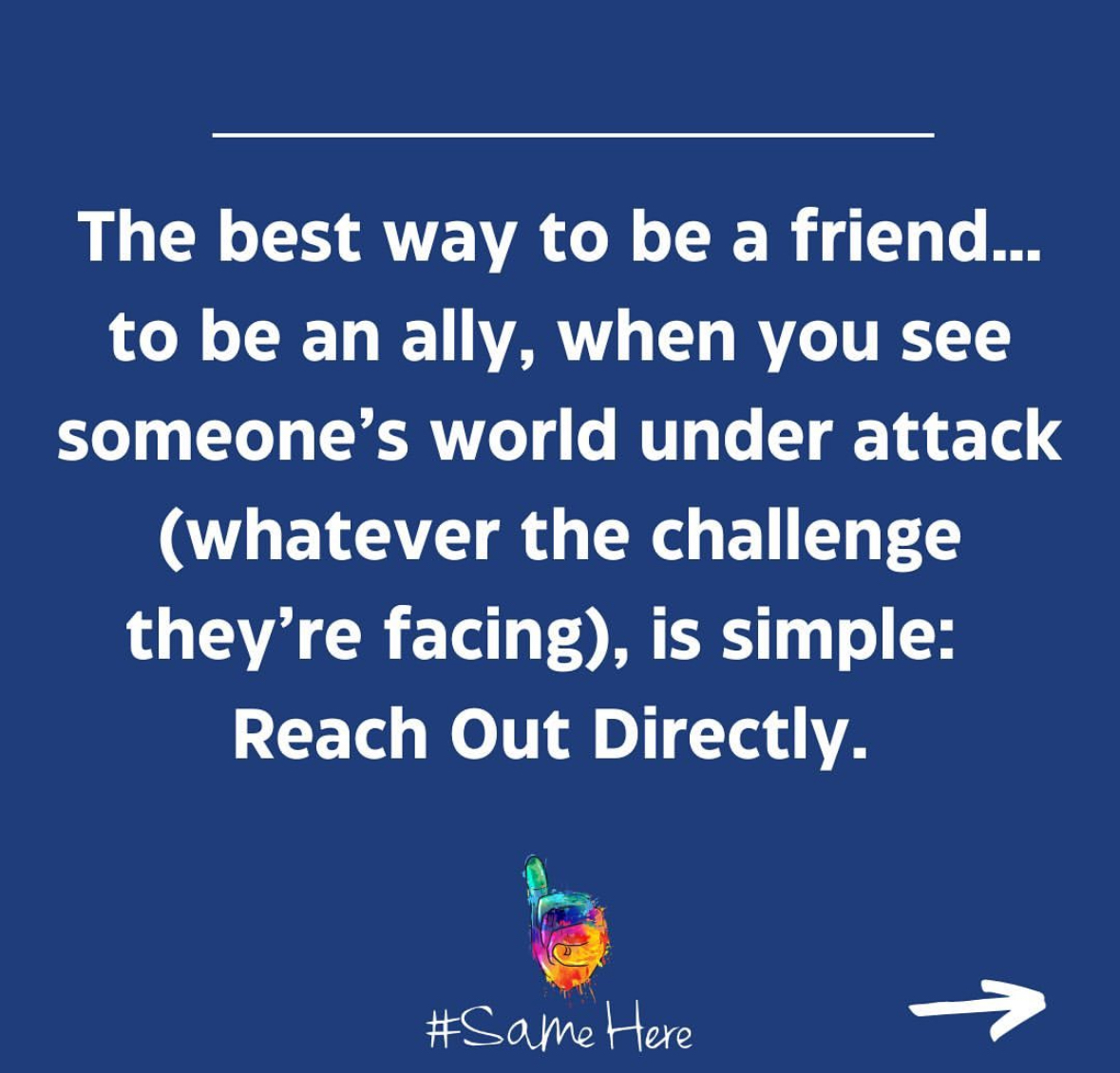Before leaving my training at McLean and Mass General, Dr, Onesti nominated me to serve in some capacity as a resident with AACAP. I was put on the addiction committee and within a year I was recommended to head up the addictions committee and did so for 10 years. Then another one of my mentors at Harvard, who had been the editor for the Journal of Child and Adolescent Psychopharmacology, Charlie Popper, along with Wayne Batzer (who I had met on the addiction committee who was an outspoken critic of big pharm), and Scott Shannon (who was involved with the American Board of Integrative and Holistic Medicine), saw my interest and recruited me for the new CIM committee for AACAP. I felt a breath of fresh air and quickly took to this new approach. I set up the first Institute at AACAP on CIM. Scott told me about getting certified by the American Board of Integrative and Holistic Medicine and inspired me to take the board. After one year, I was made the co-chair of the committee. I discovered the neurobiology behind Transcendental Meditation and learned how to do this with Prudence Bruns, PhD (Prudence of the Beatles song “Dear Prudence”). Prudence introduced me to David Orme Johnson who was a researcher in TM. I then got interested in neurofeedback and have had the honor to work with the brilliant and modest scientist, Joel Lubar, PhD. He introduced me to LORETA neurofeedback and Bob Thatcher, who was the project manager at NIH who did cross correlations with QEEG and other neuroimaging. I got certified in neurofeedback and began helping Joel teach courses to physician and other clinicians on the subject. I then studied to get certified by the Institute of Functional Medicine and realized that this was really in line with the new Research Domain Criteria (RDoC) of the NIMH. Instead of following criteria in DSM, that had little basis for neurological, environmental and genetic correlations, RDoc was going to dismantle DSM disorders. This approach came about because psychiatry began to have access to neuroimaging of the brain and genetic research in the early 1990’s. Instead RDoC would look for symptoms that arose because of abnormal neurobiology and circuits that were influence by genetics and environment. This was the future of psychiatry. Integrative and, particularly Functional psychiatry, was more in line with this approach because it looks at why the disease arose and what interventions can prevent the disease, stop the progression of the disease or get to the pre-disease state. Education became a goal of mine to share this information with my colleagues and students. Charlie and I co-edited a 2-volume text in the Child and Adolescent Psychiatric Clinics of North America on Complementary and Alternative Medicine in Child and Adolescent Psychiatric Disorders. My Co-Chair on the CIM committee for the AACAP, Gene Arnold, and I began submitting more research-based symposiums on CIM at the AACAP conference. These symposiums have grown in popularity and recognition. We have had the support of the psychopharm committee, the military committee, the religion and spirituality committee, the Health Promotion and Prevention Committee, the Disaster and Trauma Issues Committee, and the Autism committee. Gene is another modest but brilliant scientist who I have had the honor to work with. I have written several chapters and articles with Joel and Gene. I now teach a Functional Psychiatry curriculum at Emory School of Medicine, continue my work with the CIM committee at AACAP and have a private practice.
My son is a pilot in the U.S. Air Force and his loss of friends to suicide was difficult to watch him deal with. I started volunteering to consult at the Invisible Wounds Clinic at Eglin Air Force base which has an Integrative Medicine approach. It was my son who introduced me to retired Brigadier Steve Salazar and Colonel Mary Lopez and the 360 VA program. My son was looing for programs that were successful in preventing suicide and came across 360 VA. He told them about me and I have had the privileged to work with these incredible people. The program is the most comprehensive state of the art approach to helping soldiers care for themselves and others. It is about connection.




